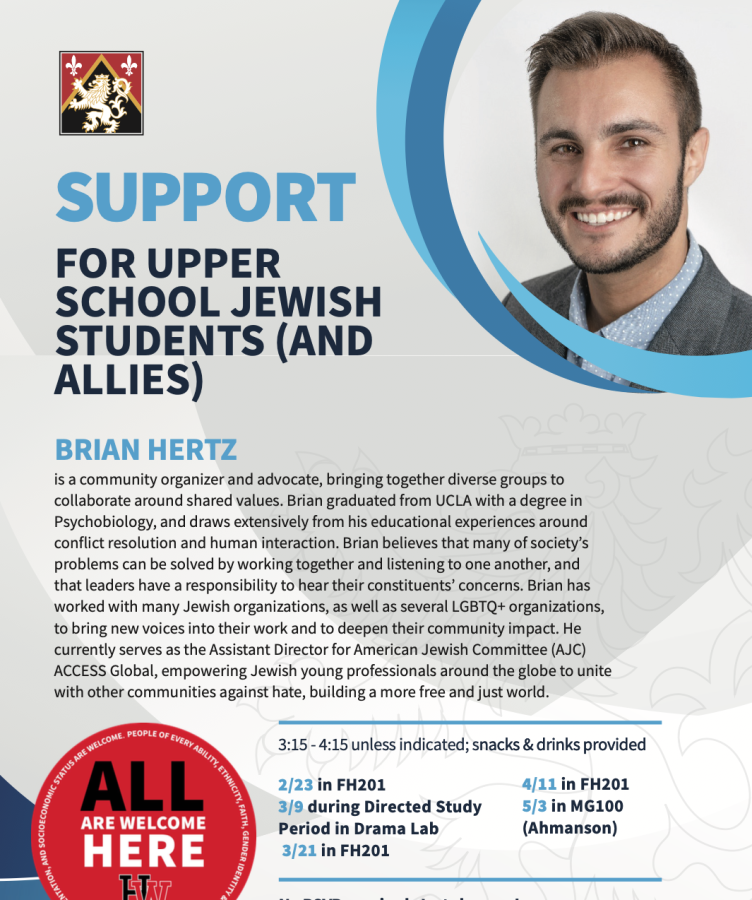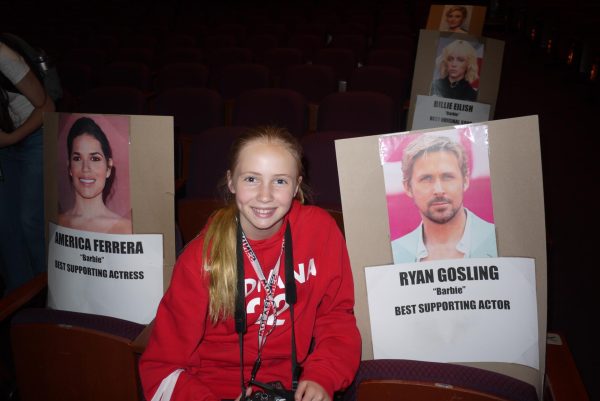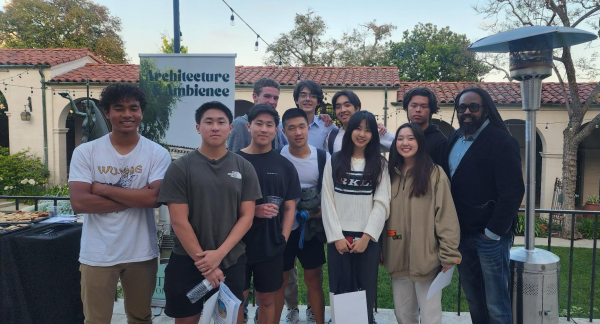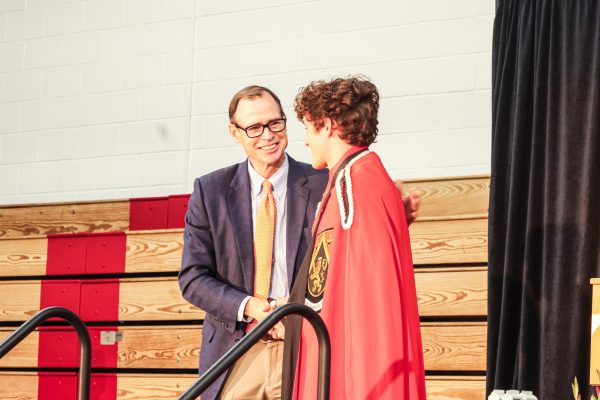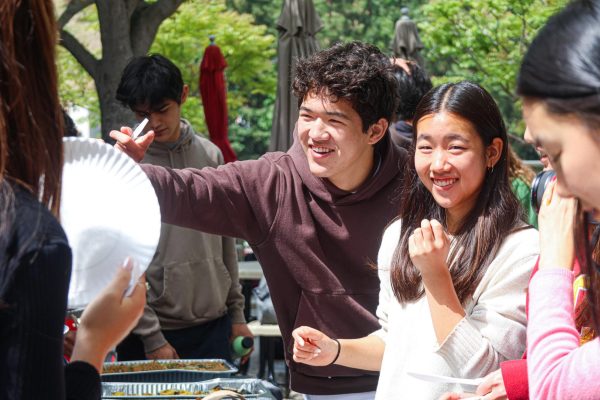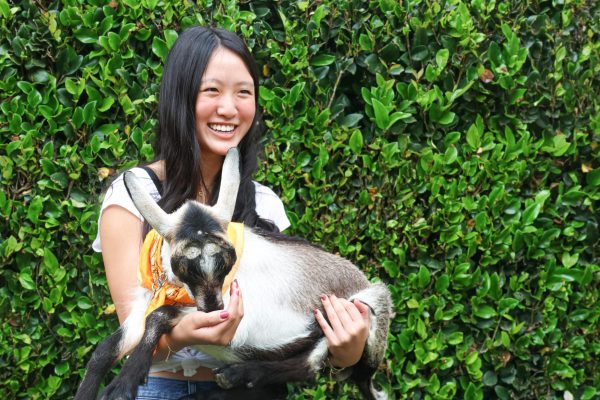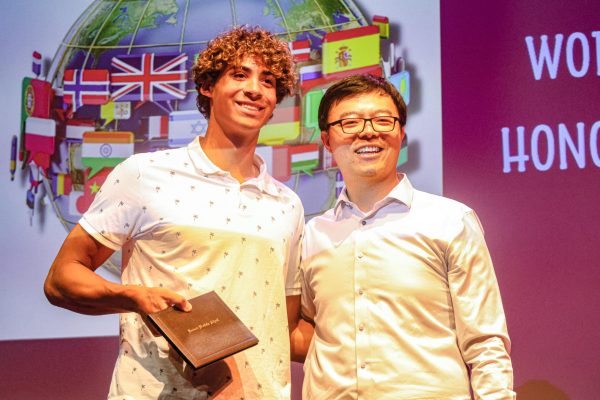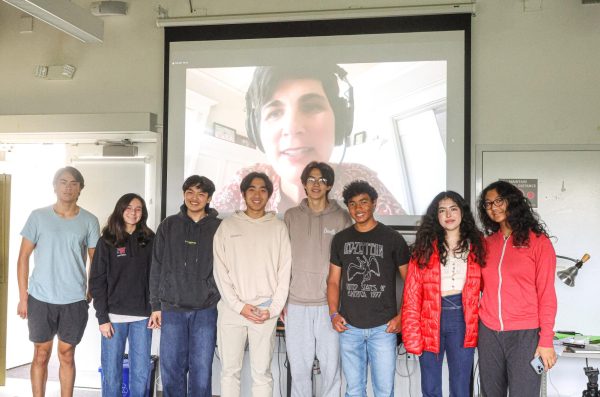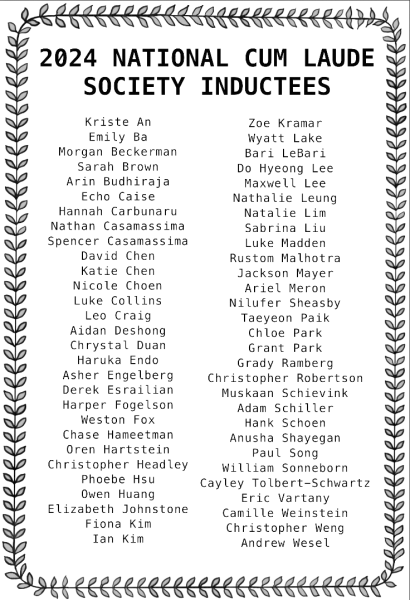Administration hosts support sessions with Jewish advocate
March 22, 2023
Jewish Community Organizer and advocate Brian Hertz begun his monthly after-school presentations about Jewish identity and antisemitism Feb. 23 and March 9. Hertz currently serves as the Assistant Director for American Jewish Committee (AJC) ACCESS Global, empowering young Jewish professionals around the globe to unite with other communities against hate, according to an email from Head of Upper School Beth Slattery.
Hertz said some central themes in the meetings are coming together as a strong group of Jewish allies and sharing encounters of antisemitism.
“I believe the first two meetings have been critical opportunities to explore how we form our identities and how we exist in community,” Hertz said. “I’ve brought in Jewish texts to guide the conversations, focusing on creating opportunities for students to reflect on their own experiences and better understand the power of pride in our identities and narratives.”
Hertz said he has found students’ opinions on culture and religion insightful.
“I’ve been very impressed with students’ drive to grapple with very complex ethical and theological issues,” Hertz said. “Our society is going through a transformation as we increase our collective empathy and consciousness of others’ experiences.”
Head of Diversity, Equity and Inclusion and Associate Director of Admission Janine Jones said students have been open to talk to Hertz, and that she hopes participation will grow in the coming sessions.
“The meetings have gone very well substantively,” Jones said. “I was able to attend the last session and students responded to him very well and were very talkative. I hope that attendance will grow since we’ve changed the time to during the school day.”
Jones said there are benefits to the discussion format during the meetings, but that she still believes students need to be supported in other ways.
“I wouldn’t say the school settled on this format as opposed to others,” Jones said. “The school decided to utilize this format as one tool in its toolbox to support students. Everyone responds differently to different modalities in terms of support so it is important that we offer multiple opportunities.”
Zoe Kramar ’24, who attended both meetings, said Hertz helped her understand that antisemitism is not just a campus issue.
“I think the meetings were a productive way to address the issues of antisemitism in general and on campus,” Kramar said. “We’ve been talking a lot about the idea of identity and personal experiences with antisemitism and how that applies to a broader sense of community.”
Three more meetings are scheduled for March 21, April 11 and May 3.































